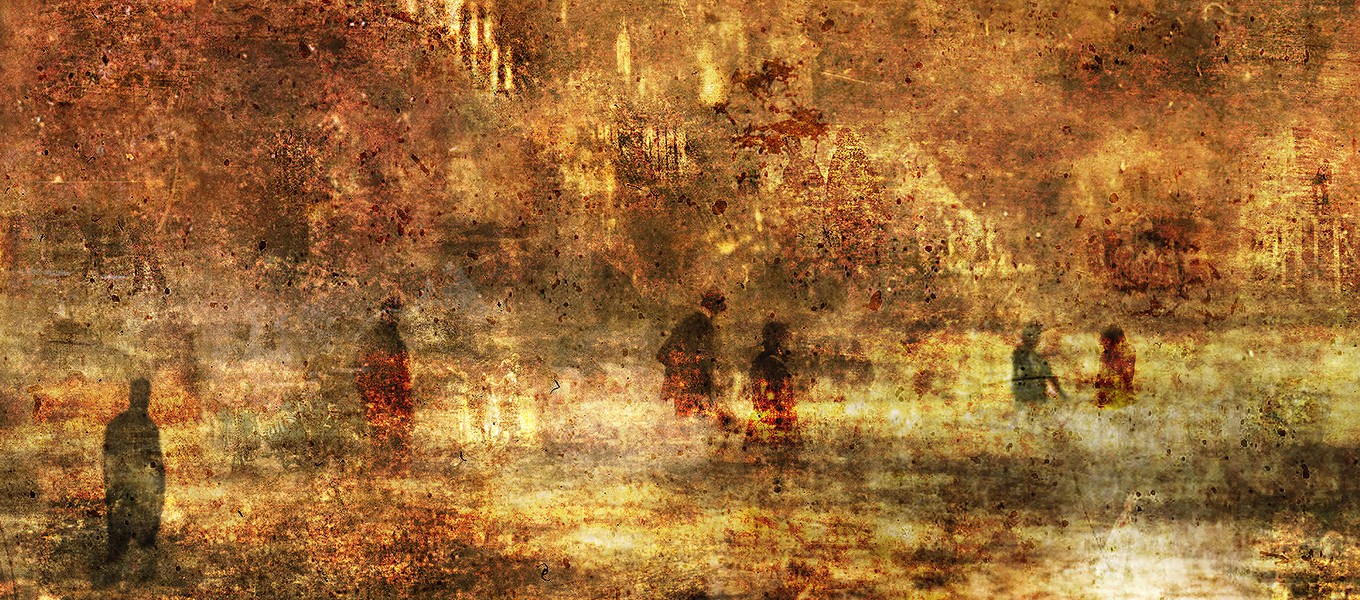Hideyuki Ishibashi
Limen - Installation - 2017
présentée dans le cadre de l'exposition panorama 19 - Roman



There is an inevitable relationship between the
lens and a subject when we use a camera to
capture an image, proving its existence. On the
other hand, halations, gradations and blurs clash
with the purpose of recording. The reason why
I am attracted to this aspect of photography is
because I can recognise that this information
has been recorded by the camera and not by our
eye or our memory. New technologies prevent
halation and blurring, offering us a clear and
sharp image. It is more attractive than the reality
that our eyes can capture. Hence we increasingly
depend on the eye of a photographic camera
instead of our own eyes and our time of direct
observation of the diminished object.
During my research, I collected the fragments
which disappeared because of halation, blurring
or gradations and tried to save the information
that remained. I extracted these fragments of
digital noises and colours that usually get in
the way of our gaze. By crafting these repaired
fragments and these noises into a patchwork,
I realised that what I’d gathered together were
lost moments rather than a lost image. Contrary
to the custom that expects photos to be “frozen”
on paper, I wanted to use shadows, and to freeze
the image directly in the mind of visitors. Here,
photography isn’t frozen but evanescent and it’s
the visitors’ eye that proceeds in the recording.
This project offers us the time to rethink our
relationship with photography at this time,
through the question: What does “to be taken
in a photograph” really mean?
Born in Kobe, Japan, in 1986, Hideyuki Ishibashi studied photography at Nihon University College of Art and came to work in Lille in 2011. His work, which is essentially photographic, has been shown at the Unseen Photo Festival and Breda Photo, as well as in solo and group shows in Japan, Korea, England, Spain, France, Germany, Belgium and the Netherlands. He was nominated for the Arles Voies Off prize in 2013, on the occasion of his first exhibition in France, and for the SFR Jeunes Talents Photo prize in 2014 for the exhibition “Micro-Macro” in Lille. His Présage project was the subject of his first book, published by IMA Editions, Japan, in 2015.







